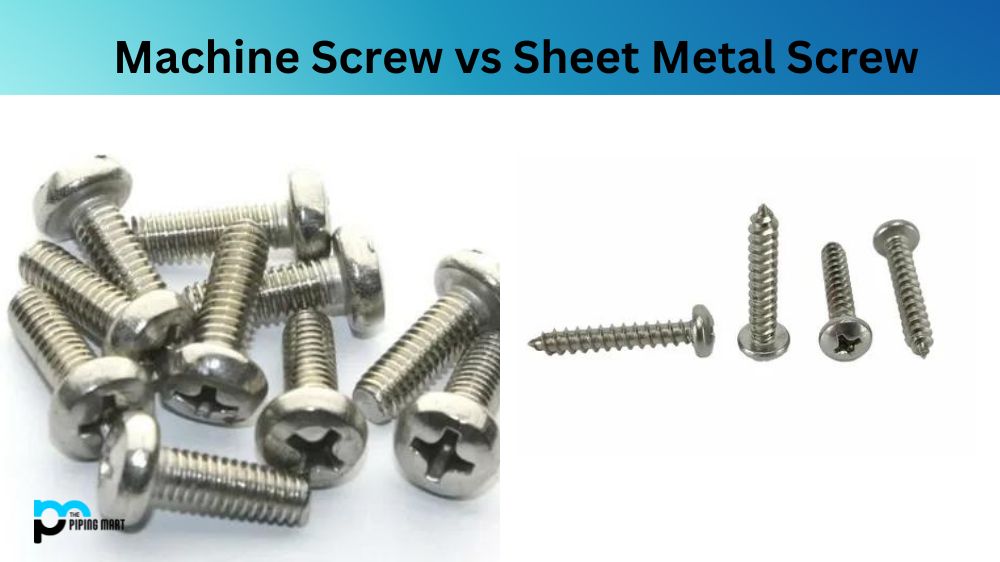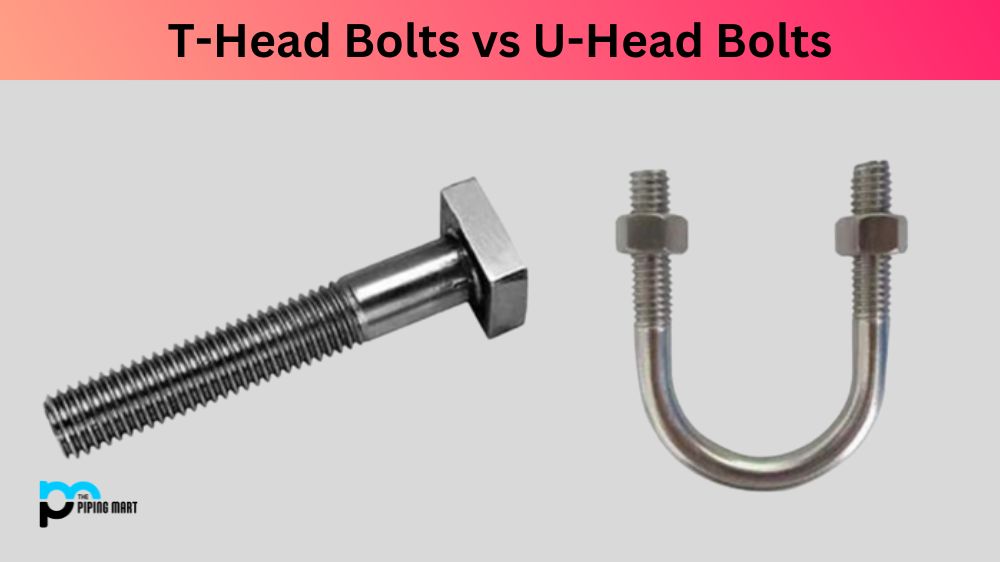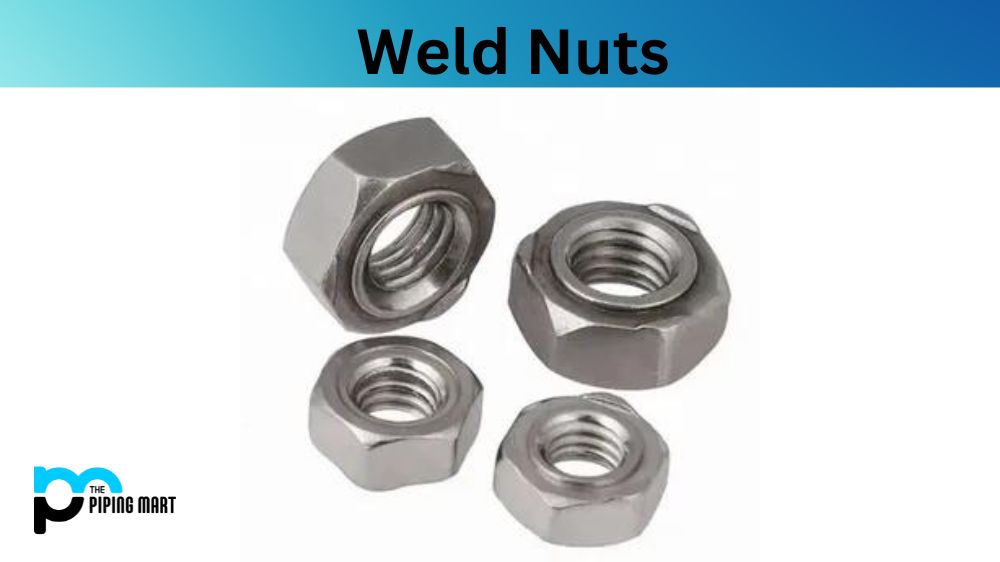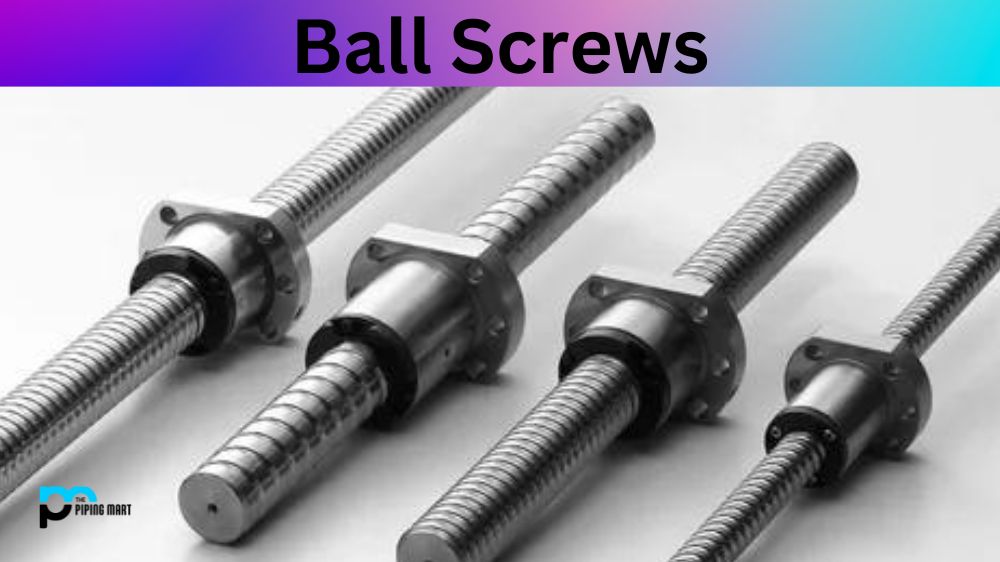Screws play an important role in any construction or DIY project, as they provide a means of securing two or more materials together. But not all screws are created equal, and choosing the right type of screw can greatly affect the success of your project. Two common types of screws are machine screws and sheet metal screws, and while they may look similar at first glance, some key differences should not be overlooked. In this blog post, we’ll look closer at machine screws vs sheet metal screws and help you determine which is best for your next project.
What is Machine Screw?
A machine screw is a type of fastener used to secure two or more pieces of material together. It usually has an external thread and a head with a drive feature, such as a slotted, Phillips, Torx or hexagonal shape. Machine screws are made from materials such as stainless steel, brass and other metals and can be coated with zinc-plated finishes for additional corrosion resistance.
What is Sheet Metal Screw?
A sheet metal screw is a self-tapping screw commonly used to join components in machinery and construction projects. Generally made from hardened steel or stainless steel, the head of the screw can be slotted, Phillips or Robertson drive type. These screws are designed with threading along their full length for optimal holding power in thin materials like sheet metal.
Difference Between Machine Screw and Sheet Metal Screw
Size and Thread
One of the biggest differences between machine screws and sheet metal screws is their size and thread design. Machine screws, also known as threaded screws, come in much smaller sizes than sheet metal screws and are designed to fit into pre-threaded holes. They typically have a straight, slotted head and a uniform thread that runs the length of the screw. On the other hand, sheet metal screws are designed for thin metals and typically have a sharper, tapered thread that enables them to grip the thin material more securely. They come in various sizes, from 2 to 14, and often have a Phillips head for easy installation.
Material
Another important difference between machine screws and sheet metal screws is the type of materials they are designed to work with. Machine screws are often made from steel or brass and are typically used in applications where a high level of strength is required, such as in heavy machinery or automotive assembly. Sheet metal screws, however, are designed to work specifically with thin sheet metal and are often made from stainless steel or zinc-plated carbon steel. Using the wrong type of screw for a specific material can result in a weaker hold or even material damage.
Head Style
The head style of a screw can also vary between machine screws and sheet metal screws. Machine screws typically have a flat, slotted head that can be tightened or loosened with a screwdriver, while sheet metal screws often have a flanged, pan, or hex head that provides more surface area for increased grip. The head style of a screw can affect its appearance and may also impact its performance in certain applications. For example, sheet metal screws with a hex head may be easier to tighten in hard-to-reach areas.
Application
The final difference between machine screws and sheet metal screws is the type of application for which they are best suited. Machine screws are typically used in applications where a high level of precision and strength is required, such as in machinery or electronics. Sheet metal screws, on the other hand, are best suited for fastening thin sheet metal to other materials, such as wood or plastic. Understanding the specific application for which you need a screw is critical in selecting the right type for your project.
Conclusion:
Machine screws and sheet metal screws may look similar at first glance, but they serve very different functions and are designed for different applications. By understanding the key differences between these two types of screws, you can ensure that you choose the right one for your specific project needs. Whether you need a small screw for an electronic device or a larger screw for fastening sheet metal, choosing the right type of screw can make all the difference in the success of your project.
Sakshee is a talented blogger, with a particular focus on the Business and Metal Industry. She is passionate about sharing her insights on various metal products and helping professionals to make a better decisions.




